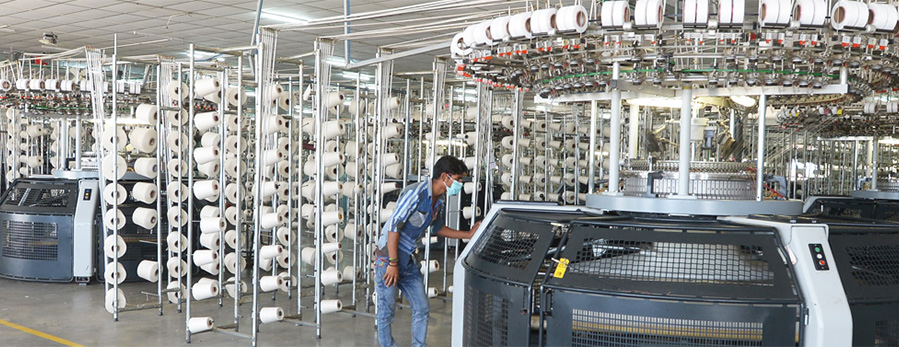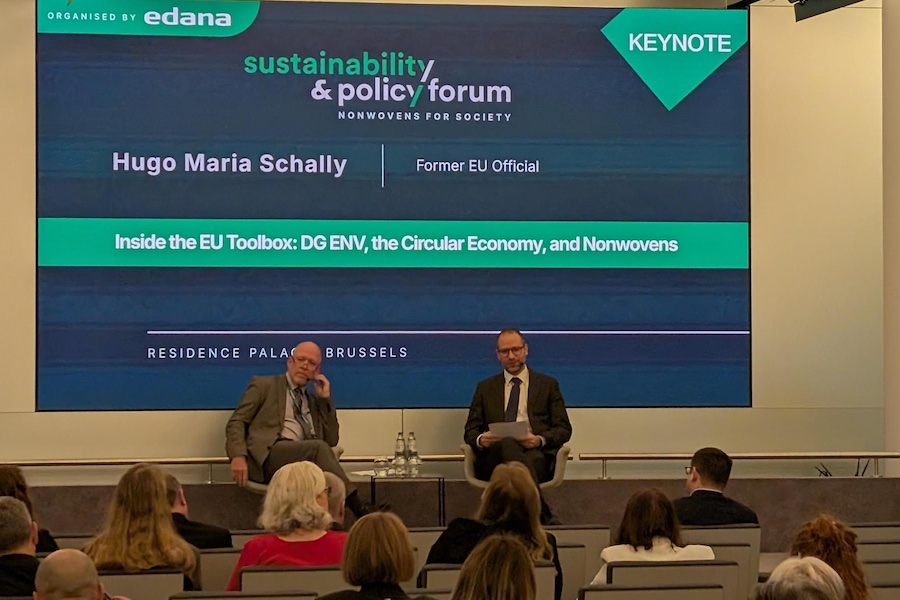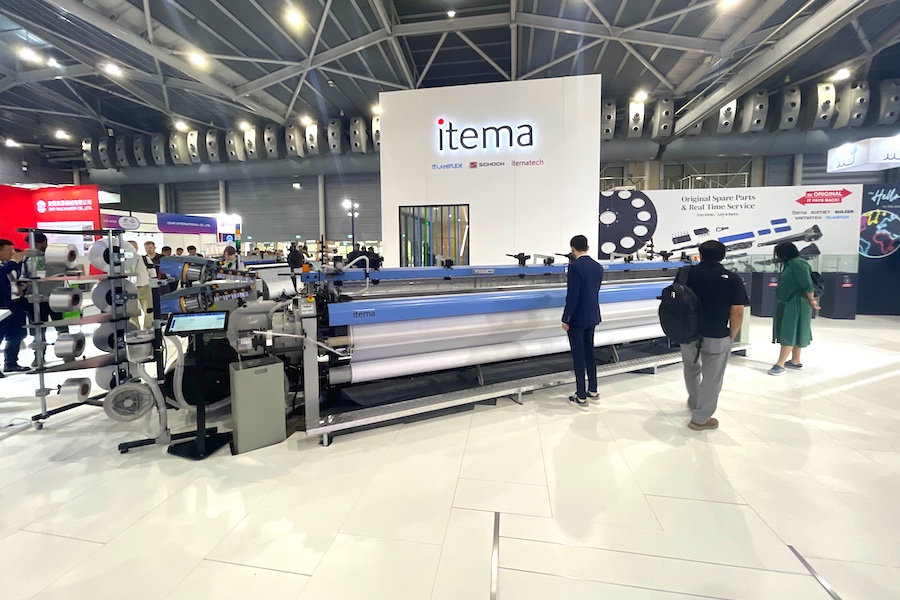#Sustainability
Landmark Dindigul agreement to eliminate gender-based violence and harassment at Eastman Exports Natchi Apparels with the support of global allies

These stakeholders have signed as set of agreements which jointly commit to work together from their supply chain role to eradicate discrimination based on gender, caste, or migration status; to increase transparency; and to develop a culture of mutual respect in the garment factory setting.
The agreement draws language from the International Labor Organization’s Convention 190 concerning the elimination of violence and harassment in the workplace and strongly protects freedom of association and the rights of Dalit women workers. Tirupur is known as India’s textile spinning capital and is the largest producer of cotton yarn in India, employing over 280,000 workers total.
“All our employees deserve safety and respect at work,” said Subhash Tiwari, CEO of Eastman Exports, one of the largest clothing manufacturers in Tirupur, India. “It is our hope that this unique agreement and partnership will not only positively impact Natchi’s valued workforce but will also serve as a model for other garment factories.”
The agreement includes an innovative program known as "Safe Circles" with regular training for all workers, supervisors, and managers; a peer education program; and shop floor monitors to detect and report GBVH. The program will be anchored by Tamil Nadu Textile and Common Labour Union (TTCU), a women-led independent and majority Dalit trade union of textile workers. The Asia Floor Wage Alliance (AFWA), an alliance of trade unions and labor organizations representing garment workers across Asia and Global Labor Justice- International Labor Rights Forum (GLJ-ILRF), a global human and labor rights advocacy organization focused on eliminating GBVH have joined as signatories and will support these efforts.
As a part of the agreement, Eastman Exports will amend its internal policies and procedures including to strengthen the Internal Complaints Committee (ICC) and establish an independent grievance mechanism overseen by third-party experts.
“This agreement delivers power and support to women workers to monitor, prevent and remediate GBVH collectively and with management,” said Jeeva M, General Secretary of TTCU. “We will use this as a model to organize against GBVH and caste-based discrimination industry wide.”
Anannya Bhattacharjee, the International Coordinator of AFWA said, “The leadership and commitment of the Dalit women-led trade union TTCU has led to this historic agreement, which puts forth a model of how fashion brands, suppliers and trade unions can work together to prevent and remediate GBVH in Asian garment supply chains. We are happy to be partnering with H&M and Eastman Exports in the implementation of this agreement, which offers a multi-faceted approach to achieving violence-free workplaces.”
“This agreement is a model for the role brands, suppliers, and labor partners have in eliminating gender-based violence from supply chains and promoting freedom of association,” says Jennifer (JJ) Rosenbaum, Executive Director of GLJ-ILRF. “Brands play a critical role by using commercial relationships and business leverage to reduce the existing risk of GBVH, incentivizing suppliers to comply with remediation. We urge all brands to sign similar agreements, join this model and replicate it across the industry.”
H&M recognizes the critical role of enabling collaboration between all stakeholders to reduce risks of GBVH, including at the intersection of gender and caste as well as of freedom of association violations, that contribute to GBVH in the garment industry. H&M wants to use its size and scale to influence the industry in a positive way. H&M will, for example, contribute financially to develop awareness trainings for management and workers, an independent and trustworthy grievance mechanisms run by an independent assessor, and a framework for measuring and reporting impact. The ambition is to find solutions that can be brought to scale at industry level.
In signing this agreement, all stakeholders honor the loss of a young garment worker, TTCU member, and Eastman employee, Jeyasre Kathrivel, whose life was tragically cut short as a result of GBVH. We honor her legacy through this important agreement and ultimately meaningful change across the garment industry.
Foley Hoag attorneys, Gare Smith and Allison Anderson, advised Eastman Exports, and worked with TTCU, AFWA and GLJ-ILRF on this agreement.
Eastman Exports Global Clothing Private Limited is one of the leading apparel manufacturers in India, perfectly positioned to stay on the top in the fashion world as the most preferred and trusted knitwear manufacturers in India. Eastman’s journey from a modest growth at the time of its inception to its current business volume is a complete testimony to the clarity of vision and the quantum of energy that propels the company.
Tamil Nadu Textile and Common Workers Union (TTCU) is an independent, Dalit women-led trade union of textile workers organizing to end GBVH, wage theft, and caste-based violence in garment factories.
Asia Floor Wage Alliance (AFWA) is an Asian labour-led global labour and social alliance across garment producing countries (such as India, Indonesia, Sri Lanka, Cambodia, Bangladesh) and consumer regions (USA and Europe) for addressing poverty level wages, gender-based violence, and freedom of association in global garment production networks.
Global Labor Justice – International Labor Rights Forum (GLJ – ILRF) is a non-governmental organization that works transnationally to advance policies and laws that protect decent work; to strengthen freedom of association and workers’ ability to advocate for their rights; and to hold corporations accountable for labor rights violations in their supply chains.
Foley Hoag, LLP is counsel to Eastman. Legal services were provided by the Global Business & Human Rights practice, which helps clients align their business practices with the U.N. Guiding Principles on Business and Human Rights.















